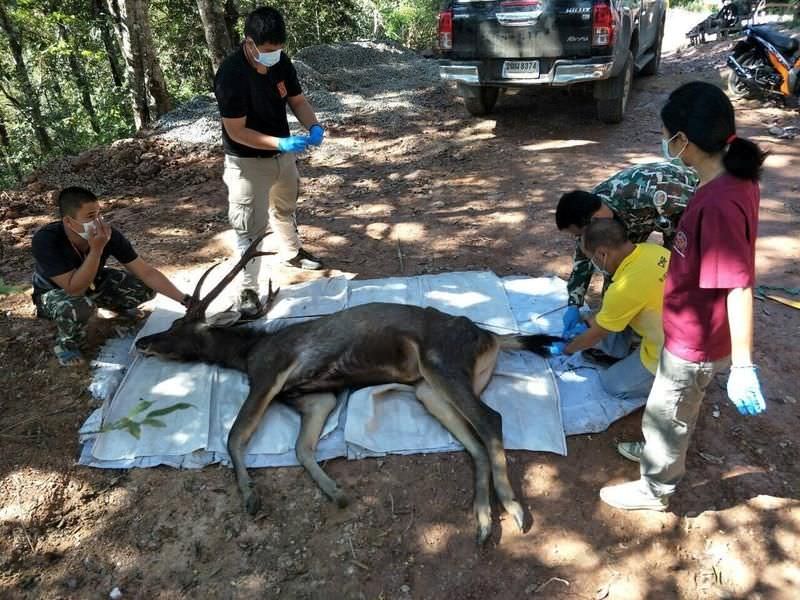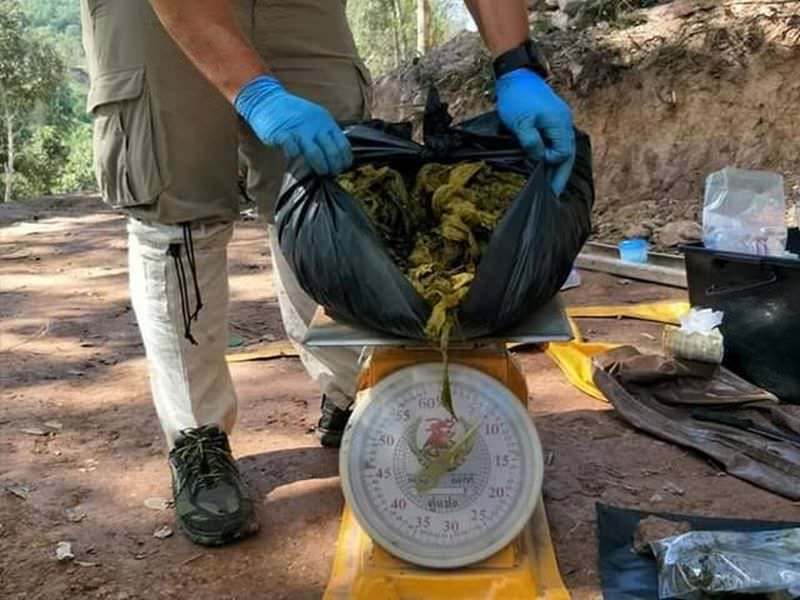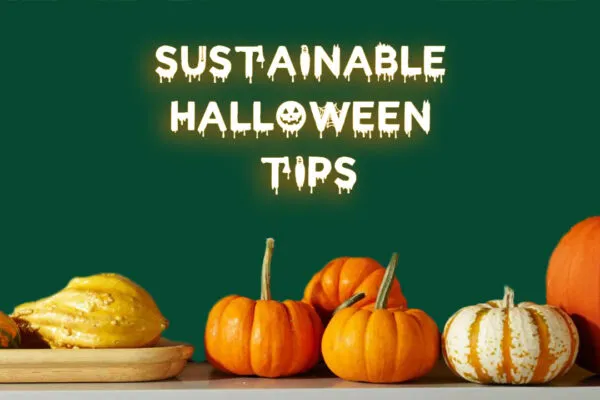Wild Deer in Thailand Succumbs to 7 Kilos Plastic Waste Clogged in Its Stomach
The escalating plastic pollution is a great threat to the survival of planet earth and all its inhabitants. The noxious effects of plastic has taken lives of many aquatic animals and wildlife. Recently, a wild deer was found dead near Khun Sathan National Park in Thailand. The cause of the death was gastrointestinal obstruction due to the 7 kilos plastic found in the animal’s stomach.

A wild deer was found dead after its stomach got clogged with 7 kilograms of plastic waste / Image: Reuters
According to the national park officials, the male deer weighed about 200 kilograms and was aged over 10 years. The officials believe that the deer died two days before it was found.
Further inspection reveals that the cause of death was a worrisome amount of trash clogged in the stomach of the animal. A total of 7 kilos of plastic waste including coffee and noodle packets, plastic bags, rubber gloves, cloth, plastic rope, and other waste was retrieved from the deer’s stomach.
Also Read: Plastic Pollution Threatening Survival of Seabirds
Although the plastic is banned inside the national parks in the country, the areas around the roads are prone to such irresponsible behavior. The tourists and travelers carelessly throw the waste, which is fed on by the animals.

Total of 7 kilograms plastic waste found in the deer’s stomach / Image: Reuters
It is not the first time that an animal has lost its life after consuming plastic waste over time. Last year the Department of National Parks, Wildlife and Plant Conservation banned the use of plastic and foam in all of the country’s national parks, but unfortunately, it hasn’t prevented the animal deaths from plastic waste.
Also Read: Plastic Pollution Threatens Survival of Seabirds, Study Highlights Physical Anomalies
Last year, a whale died after consuming about 80 pieces of plastic trash in its stomach, which weighed eight kilograms. Earlier this year an orphaned baby dugong died from a plastic clogged digestive system in southern Thailand.
The Thai government is currently working on reducing the use of single-use plastic bags by January 2020 and to ban microbeads, cap seals, and exo-degradable plastics by the end of this year.
Via: Reuters


